The U.S. International Trade Commission (ITC) today formally opposed Apple's motion for the Apple Watch sales ban to remain paused for the duration of Apple's appeal.
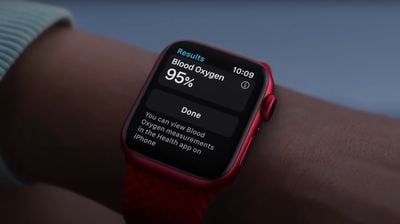
In a document filed with the U.S. Court of Appeals for the Federal Circuit, ITC lawyers said "Apple presents a weak and unconvincing case to invoke the extraordinary remedy of a stay pending appeal," adding that Apple's arguments "amount to little more than an indisputably adjudicated infringer requesting permission to continue infringing the asserted patents."
The court is accepting responses from other parties in support of the ITC's ruling until January 15, so the Apple Watch should remain available until early next week at a minimum.
In October, the ITC ruled that Apple Watch models with blood oxygen sensing infringed on patents owned by medical technology company Masimo, and ordered that the import and sale of these devices be banned in the U.S. as a result. The feature is available on the Apple Watch Series 6 and newer, excluding Apple Watch SE models.
Masimo has accused Apple of stealing trade secrets and poaching employees to develop its blood oxygen sensing functionality. Last month, Masimo said it was open to settlement talks, but Apple had reportedly not expressed any interest at the time.
In December, Apple briefly paused sales of the Apple Watch Series 9 and Apple Watch Ultra 2 across its U.S. retail stores and online store. After appealing the ITC's ruling with the U.S. Court of Appeals for the Federal Circuit, Apple was granted a temporary stay, leading to the ban being paused and sales resuming for now.
Apple is reportedly working on software changes to address the alleged patent infringement, and the U.S. Customs and Border Protection agency is expected to rule on these changes later this week. However, Masimo believes that the Apple Watch's hardware design will have to change to become compliant, and the ITC also expressed skepticism.
"To the extent Apple relies on the soon-expected ruling from Customs and Border Protection ("CBP") as to whether certain redesigned Apple Watches infringe the Asserted Patents, those arguments are, at best, misplaced," ITC lawyers said in today's filing. "A favorable ruling to Apple has no bearing on Apple's alleged likelihood of success on the merits as to any raised issue, and instead would undermine Apple's 'irreparable harm' argument."
We have shared the ITC's full response as a PDF.


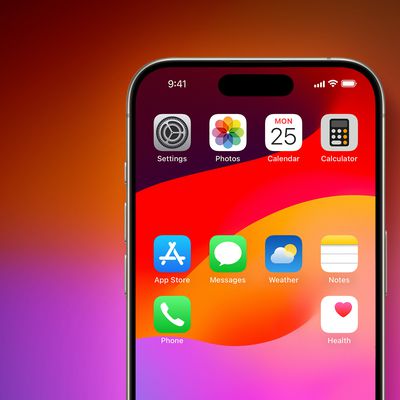

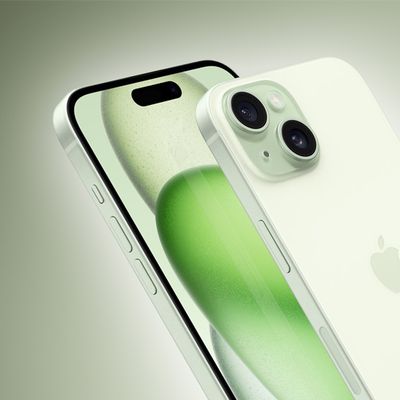
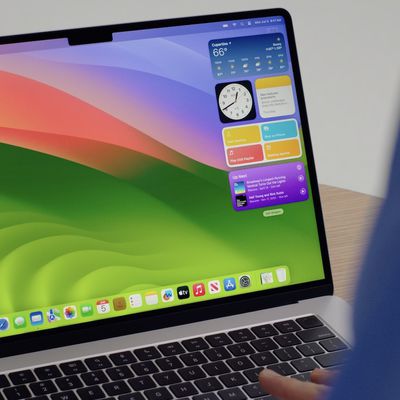



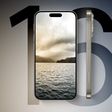






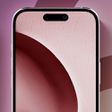





Top Rated Comments
They tried to strike down Apple patent 10627783 so they could enter the market with their own product which resembles and is functionally similar to an Apple Watch. The patent defines the entire Apple Watch archetype. This is not looking likely to be a winning proposition so they fall back to the next attempt which is a "Wireless Pulse Oximeter". That's hilarious because I was involved in a project in 1995, way before they went on the market with a similar device in 2005, which did exactly that using an absorption spectrophotometer and a DSP and ISM band transceiver. Bit larger than a watch at the time! This was a university research project and telehealth and heavily documented at the time and published so they can't claim prior art. Anyway Masimo now falls down to having a loose patent on a specific spectrophotometry technique, which is probably a software or mathematically related patent at the end of the day but that's a really iffy area to be in generally.
What is probably happening is lots of lawyers are making a lot of money. And not a lot else.
Apple’s going to end up paying out, only real question these skirmishes in court are around now is both companies jockeying to be in better positions to negotiate how much
Perhaps my research team should be taking $100m ?.
We didn't file patents, we filed papers.
Anyway I could be wrong. I'm not a lawyer (thank goodness) and not standing on a battlefield with them so I will get my popcorn out and watch gorillas chucking dung at each other in public.
If Apple is at fault here, they deserve every bit of it.
It's really bad for any employee if this case finds Apple at fault. It means if you ever get really good at something and want to leave to practice your specialty elsewhere, even in a new industry your company is not focused on, you might not be able to. This is a common path to wealth in many engineering pursuits.
As for the article, did anyone expect the government to go "Oh nevermind, we were wrong!"?